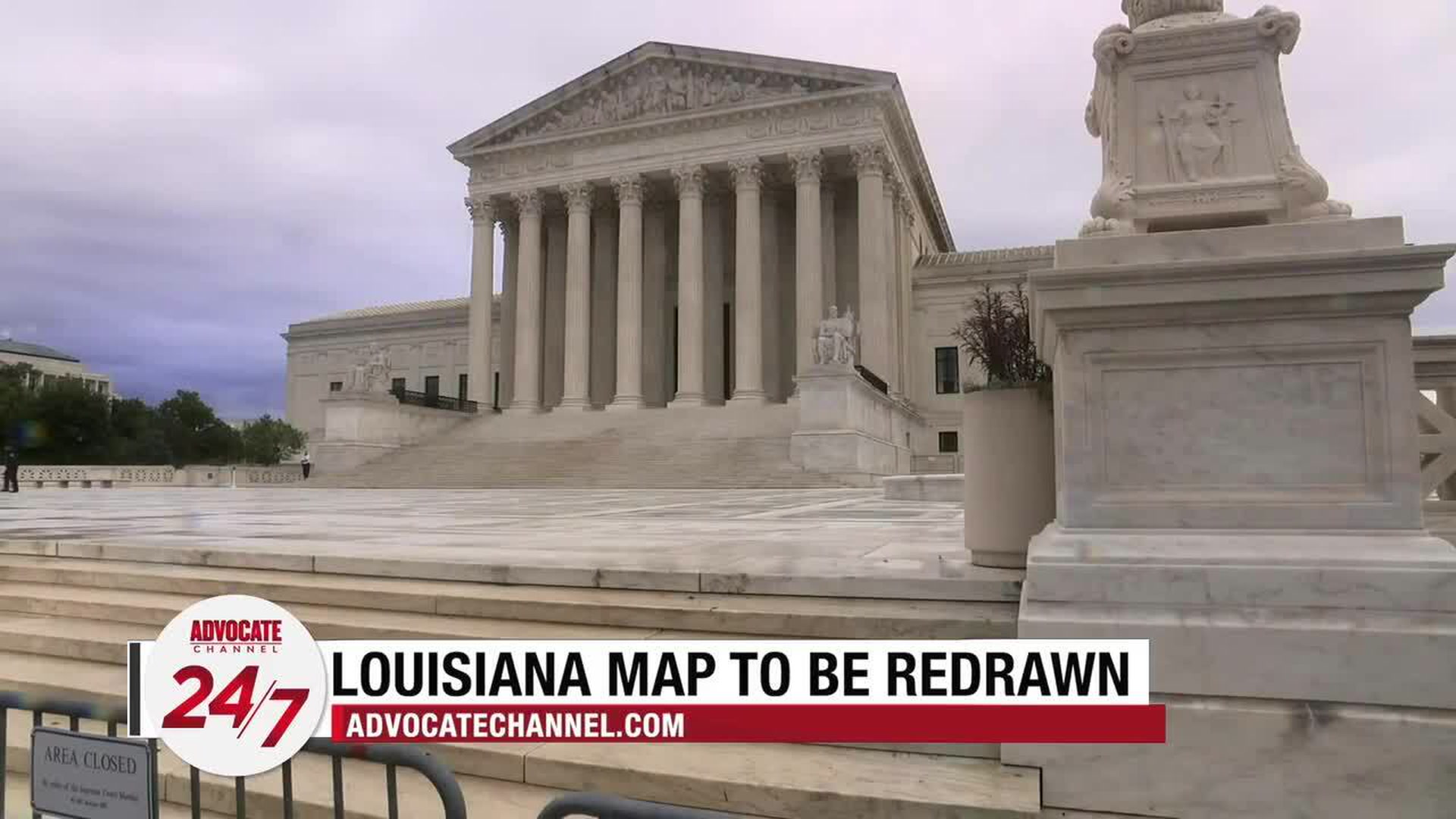Three Republican states in the South are fighting eerily similar legal battles to defend congressional maps that discriminate against Black voters.
In Alabama and Louisiana, conservative state legislatures have been ordered by higher courts to redraw their congressional maps to create additional districts that are majority-Black, which all have since refused to do. The current maps prevent Black voters from electing a candidate in one additional district, which is prohibited by the 1965 Voting Rights Act.
Alabama was ordered by a federal court in 2022 to redraw its congressional map so that it includes two districts where Black voters make up majorities, “or something quite close to it.” The Supreme Court upheld the ruling in June of this year, prompting a special legislative session to redraw the maps.
SCOTUS orders new voting maps in Louisiana

Despite the Supreme Court decision, the map proposed by the state House of Representatives only included 42 percent Black residents, and the map from the state Senate was only 38 percent Black. Neither would allow Black voters to win a congressional seat.
When federal judges rejected their map earlier this month and deferred redrafting to an outside party, the state asked the Supreme Court to intervene once again. The judges issued their response last Monday, stating that they are “deeply troubled” by the state’s refusal, and “disturbed” by how willingly they wasted time.
“The law requires the creation of an additional district that affords Black Alabamians, like everyone else, a fair and reasonable opportunity to elect candidates of their choice,” they wrote. “Without further delay.”
In Louisiana, officials were sued last year for their proposed map, which designated just one of the state's six districts as majority-Black, despite the census data showing 33 percent of the state's population — one-third — is Black. The Supreme Court also ordered in June that the state create a second majority-Black district.
Since then, state lawyers have requested a delay in the redrawing of the maps — which would put their implementation after the 2024 presidential election. A judge recently rejected their request.
In the third state, Georgia, a trial challenging voting district maps concluded this week on Thursday. A judge will now determine if the state's maps must be redrawn to better serve Black voters.
Abha Khanna, lawyer for the plaintiffs in all three states, said after the trial's conclusion that Republicans dragging their feet demonstrate why the Voting Rights Act was implemented in the first place, and why it remains necessary to uphold today.
“Minority vote dilution does not need to be accompanied by pitchforks and burning crosses and literacy tests for it to result in minority vote dilution," she said.


















































